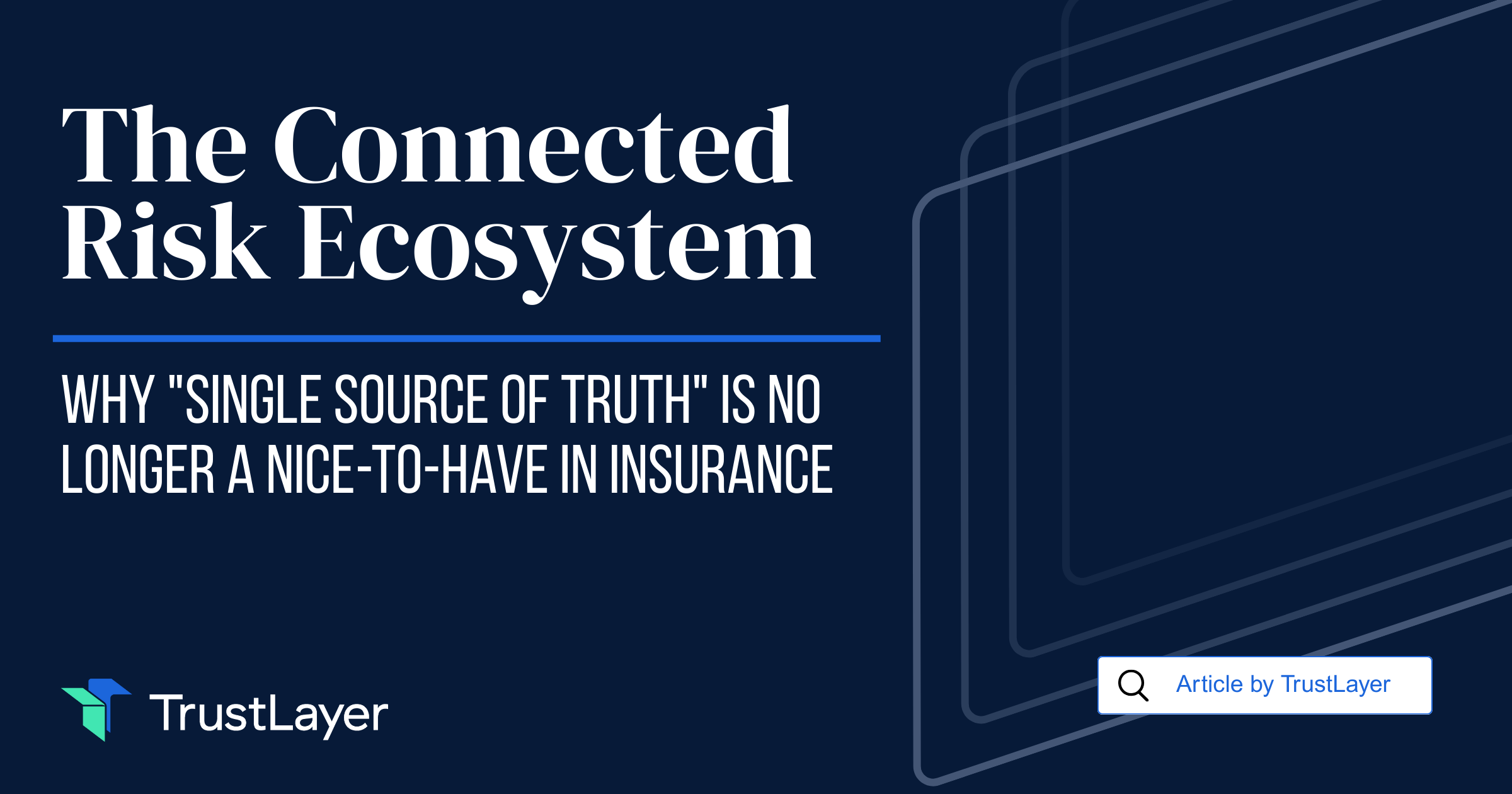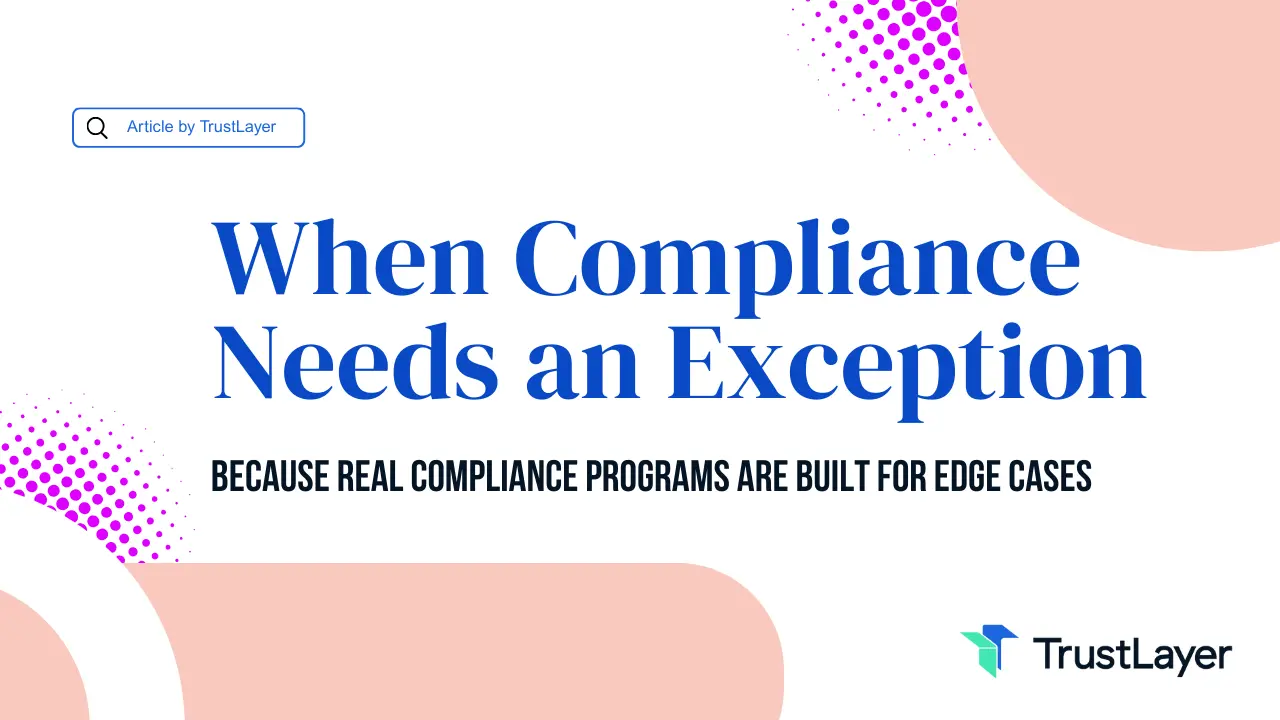Benefits of Tracking Certificates for HOAs
In the realm of Homeowners Associations (HOAs), managing various aspects of community living is crucial for maintaining property values and ensuring a harmonious environment. One essential aspect that often gets overlooked is the tracking of certificates, which can include everything from insurance certificates to compliance documents. This article examines the numerous benefits of tracking certificates for HOAs, highlighting how it can streamline operations, enhance community safety, and promote improved communication among residents.
Understanding the Importance of Certificates in HOAs
Certificates serve as vital documents that provide proof of compliance, insurance coverage, and adherence to community rules. For HOAs, keeping track of these certificates is not just a matter of paperwork; it is a fundamental part of governance and community management. The meticulous management of these documents fosters transparency and builds trust among residents, ensuring that everyone is aligned regarding community standards and safety protocols.
Types of Certificates Commonly Tracked
HOAs typically deal with various types of certificates, including:
- Insurance Certificates: These documents confirm that contractors and service providers have the necessary insurance coverage to protect the HOA from potential liabilities.
- Compliance Certificates: These documents verify that properties within the community comply with local zoning laws and HOA regulations.
- Licenses and Permits: This includes any required licenses for businesses operating within the community, ensuring they adhere to local regulations.
Risks of Not Tracking Certificates
Failing to track these critical documents can pose significant risks to homeowners' associations (HOAs). For instance, if a contractor lacks proper insurance, the HOA could be held liable for accidents or damages that occur on the property. Additionally, non-compliance with local regulations can result in fines or legal action against the HOA. Beyond financial repercussions, neglecting to maintain accurate records can erode community trust, as residents may feel that the HOA is not adequately protecting their interests or ensuring a safe living environment.
Moreover, the absence of up-to-date certificates can complicate matters during property transactions. Prospective buyers often seek reassurance that the community is well-managed and compliant with all necessary regulations. If an HOA cannot provide the required documentation, it may deter potential buyers, ultimately affecting property values within the community. Therefore, a proactive approach to managing certificates not only safeguards the HOA's legal standing but also enhances the overall appeal of the neighborhood, fostering a vibrant and thriving community.
Streamlining Operations Through Efficient Tracking
One of the primary benefits of tracking certificates is the ability to streamline operations within the homeowners' association (HOA). By implementing an organized system for managing these documents, HOAs can reduce administrative burdens and improve overall efficiency. This efficiency translates into more time for board members to focus on community engagement and improvement projects, rather than getting bogged down in paperwork and compliance issues.
Automated Reminders and Alerts
Modern tracking systems often come equipped with automated reminders and alerts that notify HOA managers when certificates are due for renewal. This proactive approach ensures that no critical documents lapse, thereby minimizing the risk of non-compliance or liability issues. Additionally, these systems can be customized to send notifications to multiple stakeholders, ensuring that everyone involved in the management process is kept informed and can address potential issues before they escalate.
Centralized Document Management
Having a centralized location for all certificates simplifies access for HOA board members and management. Instead of sifting through piles of paperwork or searching through emails, all relevant documents can be stored in one easily accessible platform. This not only saves time but also enhances transparency within the organization. Furthermore, a centralized system can facilitate better collaboration among board members, as they can easily share and review documents, track changes, and maintain an audit trail of all actions taken. This level of organization can foster a more cohesive team environment and empower members to make informed decisions based on readily available data.
Enhanced Security Measures
In addition to improving accessibility, modern tracking systems also incorporate enhanced security measures to protect sensitive information. Features such as encryption, user authentication, and access controls ensure that only authorized personnel can view or modify essential documents. This added layer of security not only safeguards the HOA’s data but also builds trust among residents, who can feel confident that their information is being handled responsibly. Moreover, regular backups and cloud storage options provide peace of mind, knowing that critical documents are secure and recoverable in the event of unforeseen circumstances.
Integration with Other Management Tools
Another significant advantage of efficient tracking systems is their ability to integrate with other management tools used by HOAs. By connecting certificate tracking with accounting software, communication platforms, and project management tools, HOAs can create a seamless workflow that enhances operational efficiency. This integration enables real-time updates across various departments, facilitating better coordination and reducing the likelihood of errors. Additionally, it can streamline financial processes, such as budgeting for renewals and tracking expenses associated with compliance, ensuring that the HOA remains financially sound while adhering to all necessary regulations.
Enhancing Community Safety and Compliance
Safety is a top priority for any HOA, and tracking certificates plays a significant role in ensuring that safety standards are met. By maintaining up-to-date records, HOAs can foster a safer living environment for all residents. This proactive approach not only protects the physical well-being of community members but also enhances the overall quality of life within the neighborhood. Regular safety audits and assessments can be integrated into the HOA's routine, allowing for continuous improvement and vigilance in maintaining safety protocols.
Verification of Contractor Credentials
When hiring contractors for maintenance or improvement projects, it is essential to verify their credentials. Tracking insurance certificates ensures that only qualified and insured professionals are allowed to work within the community. This reduces the risk of accidents and protects residents from potential harm. Additionally, establishing a preferred vendor list based on verified credentials can streamline the hiring process, ensuring that the HOA consistently engages with reputable contractors who have a proven track record of quality work and reliability. Regularly reviewing contractor performance can further enhance trust and safety within the community.
Ensuring Compliance with Local Regulations
HOAs must comply with various local regulations, and tracking compliance certificates helps in meeting these requirements. By staying informed about the legal landscape, HOAs can avoid fines and penalties that may arise from non-compliance. Furthermore, engaging with local authorities and attending community meetings can provide valuable insights into upcoming regulatory changes, allowing HOAs to adapt proactively. This not only safeguards the community’s interests but also fosters a collaborative relationship with local government, which can be beneficial in addressing broader community issues such as zoning laws and public safety initiatives.
Improving Communication Among Residents
Effective communication is key to a thriving community. By tracking certificates, HOAs can enhance communication with residents, fostering a sense of trust and transparency. This proactive approach not only helps in maintaining compliance but also builds a solid foundation for relationships within the community, ensuring that everyone feels heard and valued.
Regular Updates on Compliance Status
HOAs can provide residents with regular updates on the status of compliance certificates and any changes in regulations. This keeps residents informed and engaged, allowing them to feel more connected to the governance of their community. Utilizing various channels such as newsletters, community boards, and digital platforms can ensure that information reaches all residents, catering to different preferences for communication. Moreover, these updates can include insights into how compliance impacts property values and community aesthetics, further emphasizing the importance of staying informed.
Encouraging Resident Participation
When residents are aware of the importance of tracking certificates, they may be more inclined to participate in HOA meetings and discussions. This increased involvement can lead to a stronger sense of community and collaboration among residents. Organizing workshops or informational sessions about the benefits of compliance can empower residents, making them feel more invested in their neighborhood. Additionally, creating opportunities for feedback on community issues can foster a culture of openness, where residents feel comfortable sharing their thoughts and suggestions. Such initiatives not only enhance participation but also contribute to a more harmonious living environment, where everyone works together towards common goals.
Cost Savings Through Efficient Management
Tracking certificates may seem like an additional administrative task, but it can lead to significant cost savings in the long run. By avoiding potential liabilities and ensuring compliance, HOAs can save money that would otherwise be spent on legal fees and fines. This proactive approach not only protects the association but also fosters a sense of security among homeowners, who can rest assured that their community is being managed responsibly and effectively.
Reducing Liability Risks
As mentioned earlier, failing to track insurance certificates can expose the HOA to liability risks. By implementing a robust tracking system, HOAs can mitigate these risks, reducing the likelihood of costly legal battles. Moreover, a well-maintained record of insurance certificates can serve as a valuable asset during disputes, providing evidence of compliance and due diligence that can sway legal outcomes in favor of the HOA.
Optimizing Resource Allocation
Efficient tracking allows HOAs to allocate resources more effectively. By knowing which contractors are compliant and insured, HOAs can focus their budgets on reputable service providers, ensuring that funds are spent wisely and efficiently. This not only enhances the quality of services rendered but also builds long-term relationships with reliable vendors, which can lead to better pricing and priority service. Additionally, by analyzing contractor performance data alongside insurance compliance, HOAs can make informed decisions about future contracts, ultimately driving down costs while maintaining high standards of service.
Furthermore, implementing a digital tracking system can streamline the entire process, reducing the time spent on administrative tasks. With automated reminders for renewals and easy access to documentation, board members can focus more on strategic planning and community engagement rather than getting bogged down in paperwork. This shift not only improves operational efficiency but also empowers the HOA to respond swiftly to community needs, enhancing overall resident satisfaction and fostering a more vibrant community atmosphere.
Utilizing Technology for Enhanced Tracking
In today’s digital age, technology plays a crucial role in managing HOA operations. Various software solutions are available that can simplify the process of tracking certificates, making it easier for HOAs to stay organized and compliant.
Cloud-Based Solutions
Cloud-based software allows HOAs to store and access documents from anywhere, making it convenient for board members and management to stay updated. This flexibility is particularly beneficial for larger communities where board members may not always be on-site.
Integration with Other Management Tools
Many tracking systems can integrate with other HOA management tools, such as accounting software or communication platforms. This integration creates a seamless workflow, enabling better collaboration and increased efficiency across various aspects of HOA management.
Case Studies: Successful Implementation of Certificate Tracking
Several HOAs have successfully implemented certificate tracking systems, resulting in improved operations and increased community satisfaction. Examining these case studies can provide valuable insights into the practical benefits of tracking certificates.
Case Study 1: A Large Urban HOA
A large urban homeowners' association (HOA) faced challenges in managing multiple contractors and ensuring compliance with local regulations. By adopting a cloud-based tracking system, they were able to centralize all certificates and automate reminders for renewals. As a result, the HOA saw a significant reduction in compliance-related fines and an increase in contractor accountability.
Case Study 2: A Suburban Community
A suburban community implemented a tracking system that allowed residents to access compliance information easily. This transparency led to increased resident participation in HOA meetings and a stronger sense of community. The HOA reported improved communication and a more engaged membership as a direct result of their efforts to track progress.
Conclusion: The Path Forward for HOAs
Tracking certificates is an essential practice for HOAs that can lead to numerous benefits, including streamlined operations, enhanced safety, improved communication, and cost savings. By leveraging technology and adopting efficient tracking systems, HOAs can create a more organized and compliant community.
As the landscape of community management continues to evolve, the importance of tracking certificates cannot be overstated. HOAs that prioritize this practice will not only protect their residents but also foster a thriving community that values transparency and accountability.
In summary, the benefits of tracking certificates for HOAs extend far beyond mere compliance. They encompass the very essence of effective community management, paving the way for a brighter, more secure future for all residents.
Ready to elevate your HOA's certificate tracking to the next level? TrustLayer is your partner in modern risk management, offering a best-in-class certificate of insurance (COI) tracker designed to meet the needs of today's risk managers. With TrustLayer, you can automate the tedious process of verifying compliance documents, freeing you from the administrative burden of paper and phone calls. Join the hundreds of thousands of companies that have streamlined their vendor document management with our leading solution. Embrace the future of risk management and schedule a time to discuss with our team how TrustLayer can transform your HOA's operations and foster a more secure, compliant community.
















